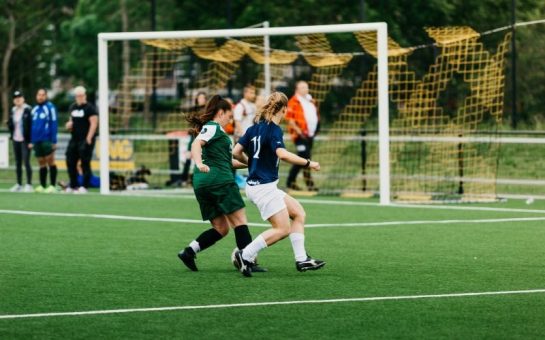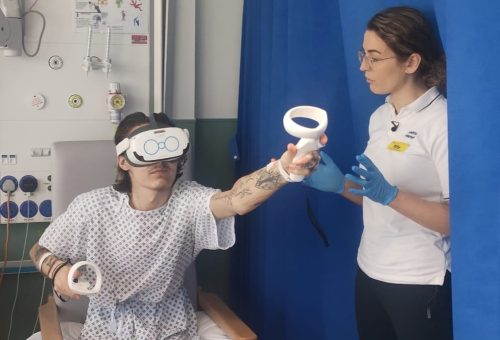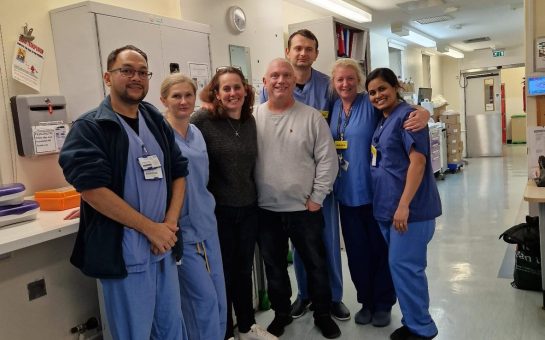SWL spoke to Elizabeth Muchechetere, Head of Therapies at Royal Charter charity, British Home, about the services offered to patients with neurological disabilities.
Established in 1892, British Home provides residential care, therapy, support and hope for people with neuro-disability.
Such a disability typically come from injuries to the brain or nervous system sustained from accidents, strokes and other acquired conditions.
Head of Therapies
Elizabeth’s role is to oversee the provision of neuro therapy service to a wide range of patients with neurological conditions.
She also leads and manages and develops the therapy department.
She said: “We have different residents of different conditions and needs.”
‘I make sure that approaches applied to rehab are available and clear, and I work with the Director of Care and Home Manager in assuring and supporting residents in identified care pathways.’
Elizabeth also conducts do pre-assessments with admissions, which is how patients are admitted into the home, provided they have to have a neurological condition.
Elizabeth said: “We hope to change people’s perspective of the home and provide knowledge on what we are doing and promoting.
“Also to uphold values of British home ensure they’re being followed.”
“We’re not just a care home care home; we’ve moved from just looking after people to becoming more rehab-oriented.
“It’s difficult for people to understand we are now offering therapy. We’re doing a lot of work in doors that I think people outside are not aware of.”
Services
British Home offers in-house occupational and physio-therapy and physiotherapy.
Elizabeth said: “We pick up the problems that are limiting them from fully functioning and come up with a treatment plan.”
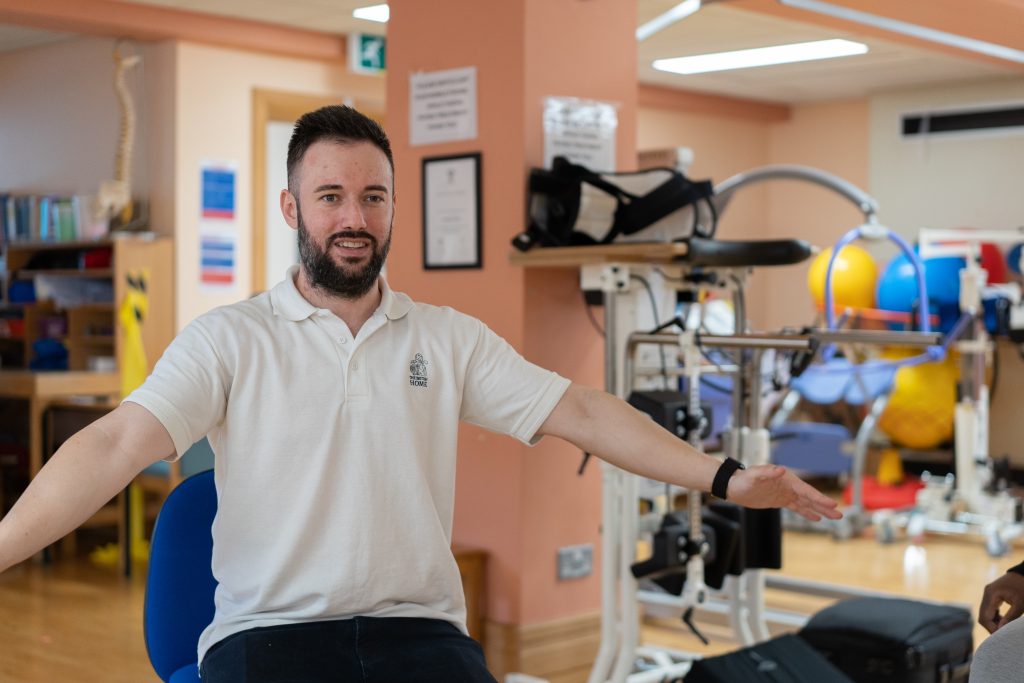
The physiotherapy team offers manual and physical passive movement exercises, as some patients no longer have movement in their limbs so they must be moved physically.
With occupational therapy, patients learn to wash themselves, take part in dressing themselves, undergo shower assessments, and are offered equipment to aid these activities.
COVID
“We have not had COVID in the home – we’ve put good measures in place, family members test before coming and there are hand gels around the building,” Elizabeth said.
She added: “I think it’s a national problem that we have right now; some staff didn’t want to be vaccinated and have left, which has left us with staffing problems.
‘But it’s been a long time since we’ve had someone test positive.
“We do lateral flow tests in the morning and PCR tests once a week, which helps us to keep in check.”
Future plans
Elizabeth expressed future hopes of giving careerta;ks to students in nearby schools, to inform them about British Home and the care sector.
When speaking of the residents, she said: “I’ve seen a lot of improvement in most of them.
“When someone is discharged for a hospital after a neuro-disability diagnosis, they are sent home with a team.
“After the team has gone, most get lost in the community and are forgotten about.
“With British home, the therapy is already there, and even after they’ve gone home they get maintenance rehab.
“People can continue improving 10 years later, but there is a lot of disability increase in the community now because many have no access to rehab.
“When you continued to have rehab, you are training the brain – more brain cells are reignited and you get remapping.
“The brain is amazing!”
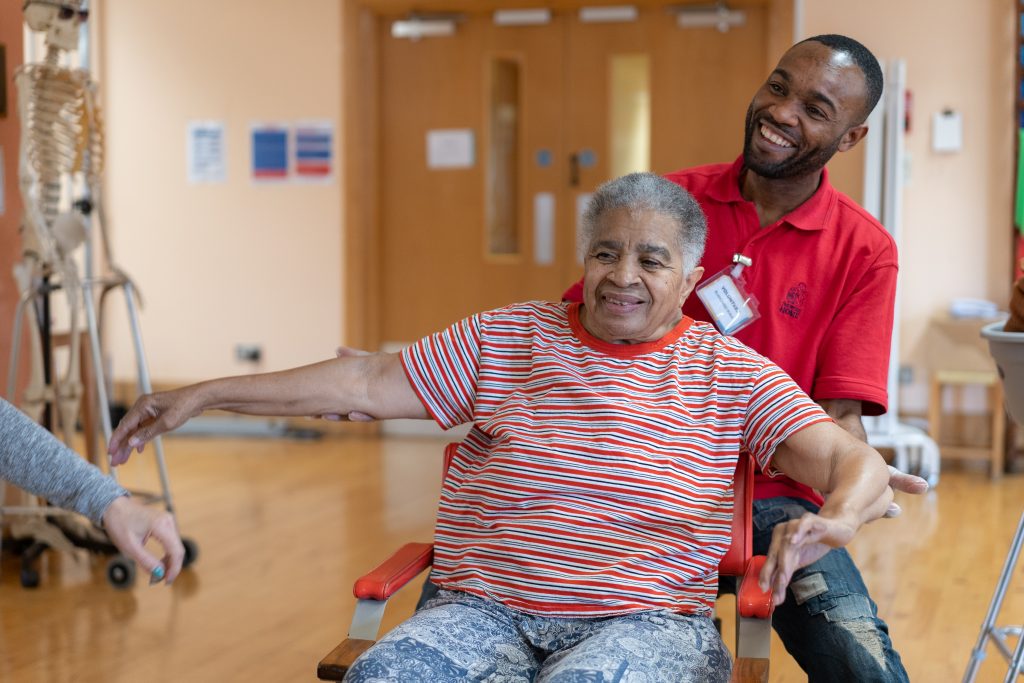
2021 is a pivotal year for British Home, as it is preparing for a number of developments to its historic facility in South London.
These developments include a new High-Dependency Unit for people with more complex and more demanding conditions.
The new unit will provide personalised one-to-one care, therapy and activities facilitated by highly skilled staff and the most up-to-date equipment.
Photo credits: British Home
